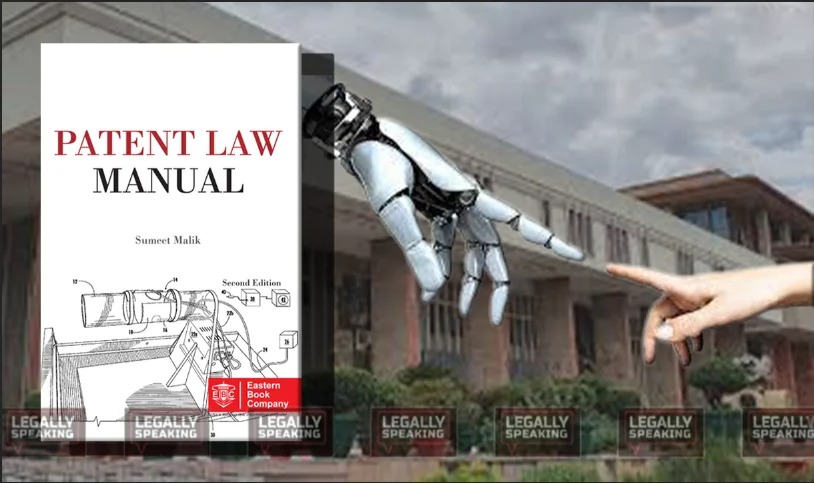
The Delhi High Court recently directed the Patents Office to revise the Manual of Patent Office Practice and Procedure to enable Examiners and Controllers to effectively handle the emerging and intricate technologies in the areas of artificial intelligence (AI) and machine learning.
A single bench of Justice Amit Bansal acknowledged that patent applications in these fields often contain numerous claims or involve interconnected features.
“As the number of Patent filings in India are rapidly increasing and there is an imminent need to update the Manual of Patent Office Practice and Procedure so that Examiners and Controllers can get better guidance on dealing intricate matters like objections of lack of clarity and succinctness. This would be particularly useful when dealing with complex patents involving Artificial Intelligence systems, machine learning functions, agrochemicals, pharmaceuticals and manufacturing methods,” the bench stated.
Hence, the judge suggested that the Office of the Controller General of Patents, Designs and Trademarks should consider updating or revising the Manual for Practice.
“This would ensure that Examiners and Controllers can be better equipped to ascertain aspects like clarity and succinctness of inventions. It may also be appropriate to consider giving adequate technical and patent analytics trainings to Examiners and Controllers,” it added.
The single bench was dealing with an appeal filed by AGFA NV, a company challenging the rejection of their patent applications by the Assistant Controller of Patents and Designs, Indian Patent Office, Delhi on June 17, 2022. AGFA had filed a patent application titled ‘Manufacturing of Decorative Laminates by Inkjet,’ which was rejected on the grounds of vague and indefinite amended claims that did not meet the requirements under Sections 10(4)(c) and 10(5) of the Patents Act. The Patent Office also deemed these claims as not patentable under Section 2(10)(a) of the Act. Justice Bansal, after examining the case, noted that the order lacked reasoning concerning the novelty or inventive features of the claims. Furthermore, the Court acknowledged that the same patent application had been granted in various other jurisdictions, including the US, UK, Australia, China, and several countries in Europe. Considering these factors, the order dated June 17, 2022, was set aside, and the Patent Office was directed to grant the patent, subject to fulfilling the necessary formalities.
“List before the Patent Office on 14th June, 2023 for completion of necessary formalities,” the bench ordered.
The order also directed that a copy of the order be sent to the Controller General of Patents, Designs, and Trademarks.




